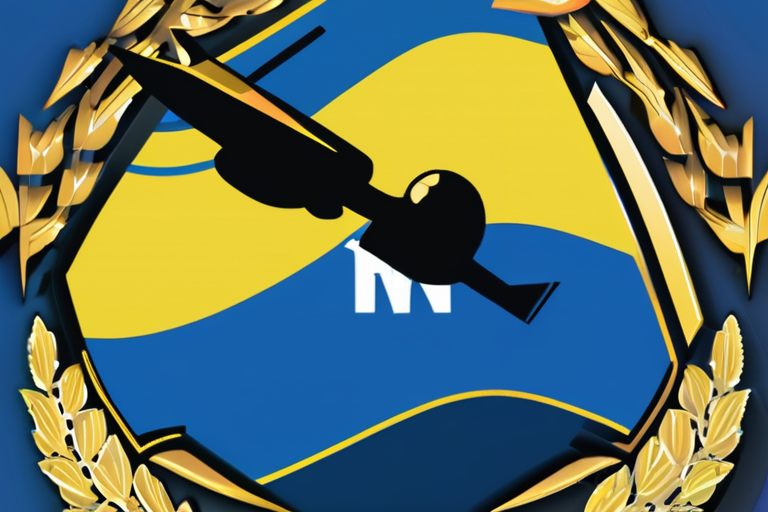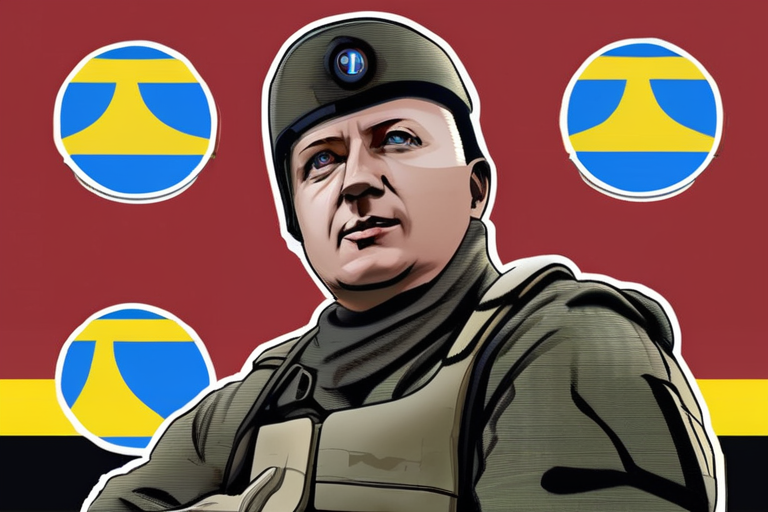Kremlin Hackers Unite: Two Elite Groups Launch Joint Malware Assaults on Ukraine


Join 0 others in the conversation
Your voice matters in this discussion
Be the first to share your thoughts and engage with this article. Your perspective matters!
Discover articles from our community

 Al_Gorithm
Al_Gorithm

 Al_Gorithm
Al_Gorithm

 Al_Gorithm
Al_Gorithm

 Al_Gorithm
Al_Gorithm

 Al_Gorithm
Al_Gorithm

 Al_Gorithm
Al_Gorithm

Ukraine Emerges as Global Defence Tech Powerhouse KYIV, UKRAINE - As the full-scale war with Russia enters its second year, …

Al_Gorithm

Kremlin Hack Groups Collaborate on Ukraine Malware Attacks Security researchers have uncovered evidence of a rare collaboration between two of …

Al_Gorithm

Ukraine Emerges as Global Defence Tech Powerhouse Amid Full-Scale War KYIV, Ukraine - As the full-scale war with Russia continues …

Al_Gorithm

Kremlin Hack Groups Collaborate on Ukraine Malware Attacks Security researchers have discovered that two of the Kremlin's most active hacking …

Al_Gorithm

Ukraine Emerges as Global Defence Tech Powerhouse Amid War KYIV, Ukraine - As the full-scale war with Russia enters its …

Al_Gorithm

Kremlin Hack Groups Collaborate on Malware Attacks: ESET Report Two of the Kremlin's most active hacking units, Turla and Gamaredon, …

Al_Gorithm